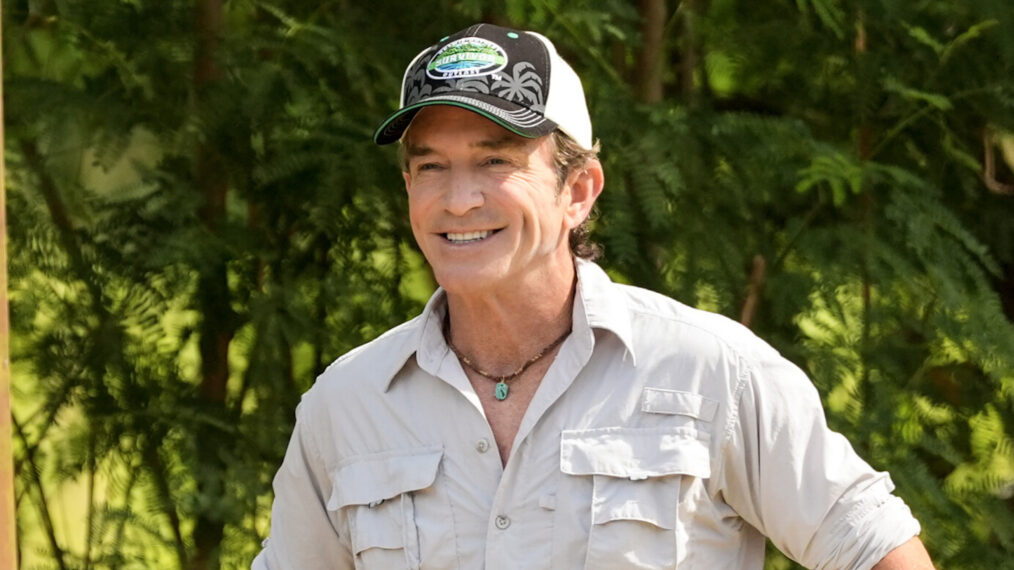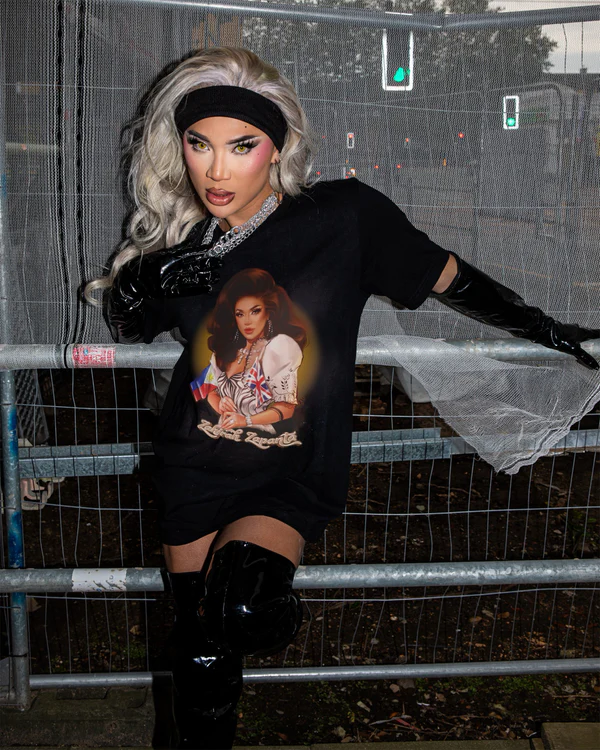For more than two decades, Survivor has captivated audiences around the world with its intense social and strategic gameplay. The reality competition show is known for its complex interactions, physical challenges, and the ever-present battle for survival. One of the most intriguing dynamics that has emerged over the years is the formation of gender alliances. Whether through necessity or strategy, gender-based alliances have often appeared in Survivor. But despite their potential, these alliances frequently encounter significant difficulties, making them difficult to sustain.
Here's ads banner inside a post
Jeff Probst, the long-time host of Survivor, has addressed this issue several times, offering his insights into why gender alliances struggle to maintain a strong foothold in the game. In this article, we will delve into the reasons behind the challenges faced by gender alliances, exploring the complexities of gender dynamics, the nature of Survivor as a game, and how the social environment impacts these alliances’ success.

Here's ads banner inside a post
The Appeal of Gender Alliances
At first glance, gender alliances seem like a logical approach to navigating the treacherous waters of Survivor. The premise is simple: players of the same gender group together, potentially forming a united front against the opposing gender. This strategy is not unprecedented, as viewers have witnessed instances where all-female alliances or male-dominated groups have emerged during a season. The assumption is that individuals of the same gender share common experiences and might be more inclined to trust one another.

Gender alliances can provide a powerful advantage in some situations. For example, an all-female alliance can challenge the male-dominated alliances that often form early in the game, pushing for more balance in decision-making. Similarly, male alliances can leverage physical strength in the early stages of the game, where the ability to win challenges is critical.
Here's ads banner inside a post
However, while the appeal of gender alliances might seem straightforward, they rarely have the staying power to succeed long-term. As Jeff Probst has pointed out, there are deeper social and strategic dynamics at play that often undermine these alliances.
The Complexity of Gender Dynamics
One of the primary reasons why gender alliances often falter on Survivor is the complexity of gender dynamics. While forming alliances based on gender might seem like a natural fit, it often leads to tension, distrust, and eventual fracture.
Probst himself has noted that gender alliances are “really tough” because, at the heart of the game, personal connections and trust are what ultimately matter. Players on Survivor are not only competing for immunity and rewards but also for the loyalty of others. While it might be easier to form an initial bond with someone of the same gender, the long-term success of an alliance relies on shared values, mutual respect, and strategic compatibility.

In a gender alliance, the members may initially bond over their shared experiences as men or women, but as the game progresses, personal ambitions and differing strategies inevitably emerge. The more complex the relationships become, the harder it is for players to prioritize their gender identity over their individual goals.
This dynamic is further complicated by the fact that gender alliances often draw attention from both other players and the viewing audience. In an environment as competitive as Survivor, any alliance, whether gender-based or not, faces the risk of becoming too predictable or too targeted. The moment a gender alliance becomes a perceived “threat,” it often starts to unravel as players begin to question loyalty and strategic moves.
The Influence of Social Game and Strategy
Another key factor that makes gender alliances difficult to sustain on Survivor is the role that social gameplay and strategic decision-making play in the game. Survivor is a game of manipulation, psychology, and foresight, where trust can be as elusive as immunity idols.
While gender may serve as a starting point for an alliance, the alliances that truly thrive are those that prioritize strategic thinking and adaptability. Players who are able to read the game, understand power dynamics, and build relationships across different groups often fare better than those who rely solely on gender as a unifying force.
Furthermore, alliances based on gender can often become targets of other, more fluid alliances that span across gender lines. Once a gender-based alliance solidifies itself as a dominant force, other players—particularly those who feel excluded—may rally together to break it apart. The game’s competitive nature often forces players to think beyond their initial alliances, seeking new opportunities that align with their personal goals.
Probst has explained that Survivor is ultimately about adaptability. While gender alliances may offer short-term benefits, they rarely provide the flexibility needed to navigate the long and unpredictable journey to the endgame. The alliances that last are those that evolve and adapt to the shifting landscape of the game, not those that are rigidly based on gender.

The Role of Social Perceptions and Gender Stereotypes
A major external factor that complicates gender alliances on Survivor is the pervasive influence of societal gender stereotypes. These stereotypes often seep into the game itself, affecting how players are perceived and how they behave.
For instance, women in Survivor have often faced the stereotype of being less physically capable than men, which has led to underestimation and marginalization. On the other hand, men in the game might be stereotyped as overly aggressive or domineering. These preconceived notions can influence the formation and dynamics of gender alliances, often leading to friction and division within the group.

The media and audience perception of gender alliances also play a role in their success or failure. Female alliances, in particular, have often been labeled as “catty” or “dramatic,” which can detract from their legitimacy in the eyes of the viewers. This bias can affect how players within these alliances perceive their own potential, as they struggle with external pressures and expectations.
Additionally, gender-based alliances can be seen as less strategic and more emotional, which can sometimes lead to their downfall. When players are perceived as making decisions based on emotional bonds rather than strategic calculations, their alliances are often viewed as weak and vulnerable. This societal lens contributes to the difficulty of maintaining gender alliances, as players must constantly contend with both their internal group dynamics and external judgments.
Shifting Away from Gender Alliances
Over the years, Survivor has evolved, and players have become increasingly aware of the need to move beyond gender-based alliances to secure their place in the game. While gender alliances still make an appearance from time to time, the most successful players in recent seasons have embraced a more fluid approach to alliance-building, one that is not restricted by gender but rather driven by shared interests, strategic goals, and social connections.
:max_bytes(150000):strip_icc()/Survivor47-102924-10-3ed02e51bdad4ef0a749096310fc614f.jpg)
This shift can be attributed to a greater awareness of the game’s nuances and the growing sophistication of gameplay. As Survivor continues to evolve, the emphasis is on the individual player rather than any predefined alliance based on gender, race, or other factors. Players who are able to adapt to this new reality and form alliances based on shared objectives and strategic foresight are the ones who ultimately thrive.
The Evolution of Strategic Alliances: Moving Beyond Gender
The challenges of gender alliances on Survivor are a reflection of the complex social and strategic dynamics that define the game. While gender-based alliances may offer an initial sense of solidarity and advantage, their success is often hindered by personal ambitions, shifting power dynamics, and the constant need for adaptability. Ultimately, the most successful players are those who can build relationships across gender lines and prioritize strategy over identity.
Jeff Probst’s insights into why gender alliances struggle to maintain momentum offer a valuable perspective on the game’s evolution. As Survivor continues to grow in complexity and sophistication, so too do the strategies employed by its contestants. Gender may still play a role in how alliances form, but it is no longer the driving force behind the most successful alliances. In the ever-changing world of Survivor, it’s the players who can navigate these complex relationships that stand the best chance of emerging victorious.




